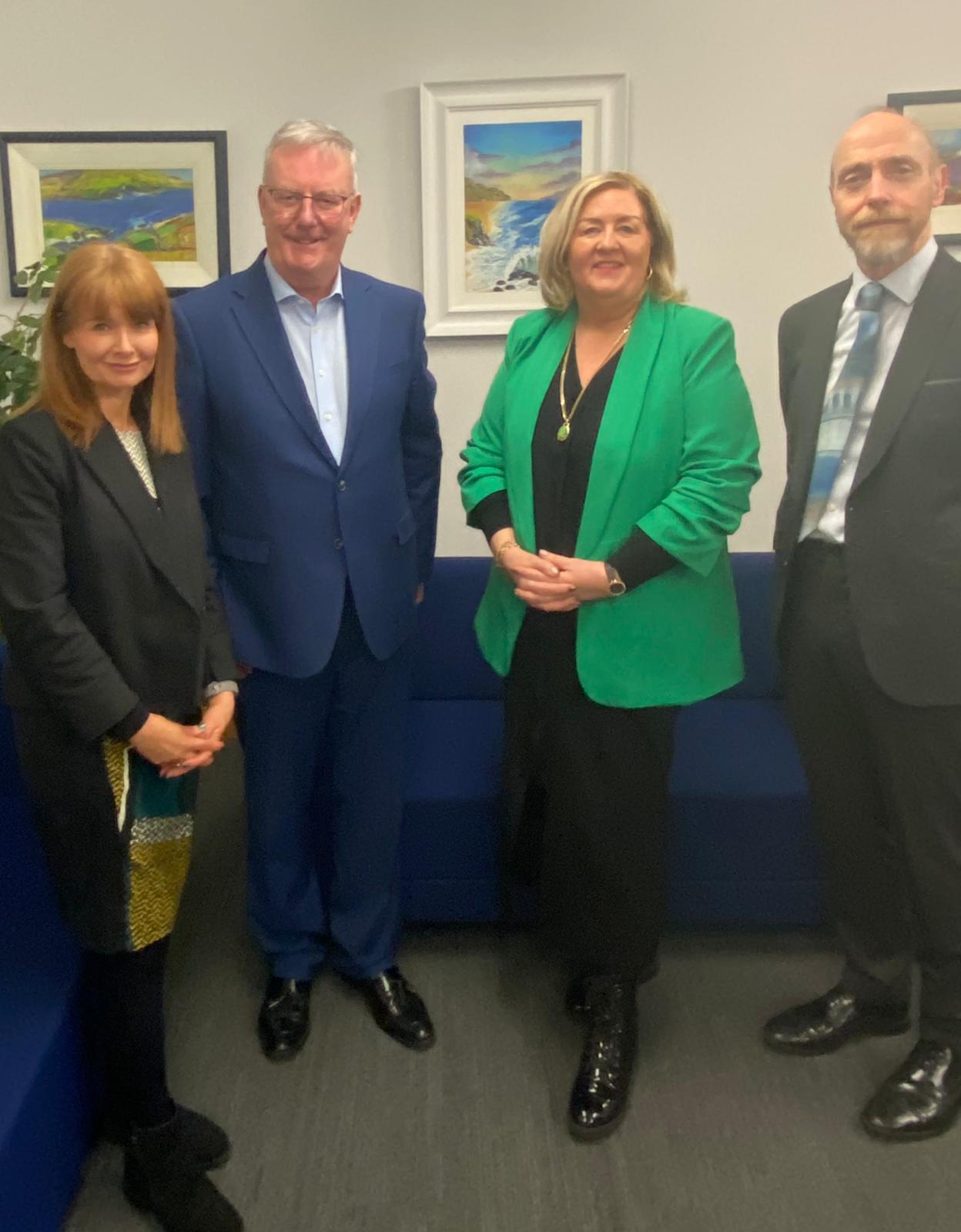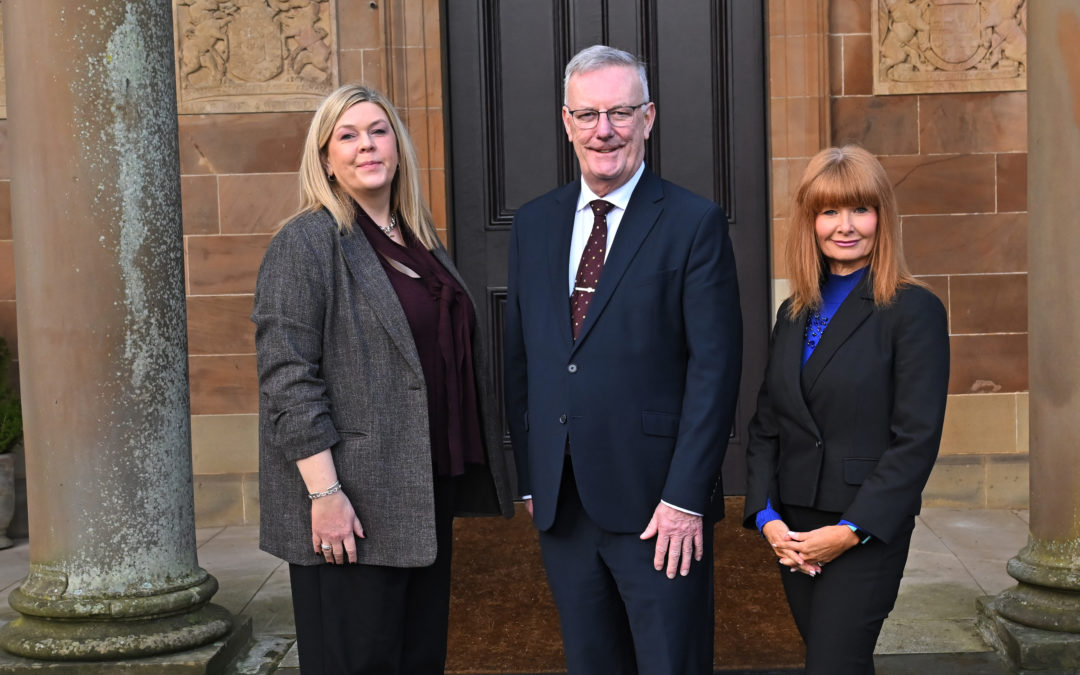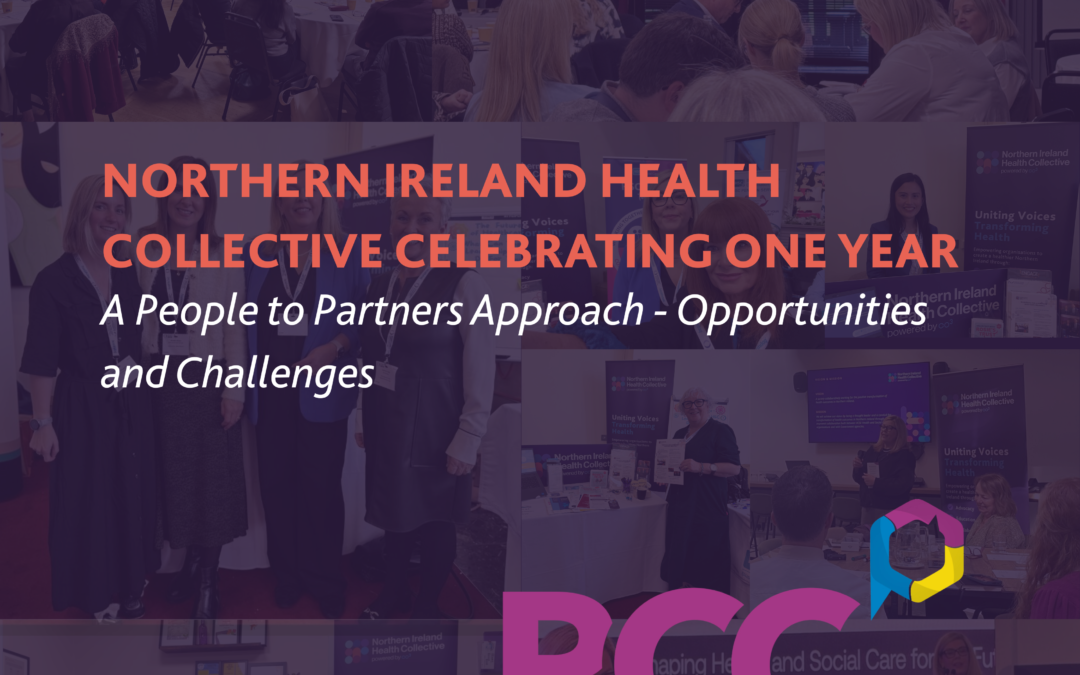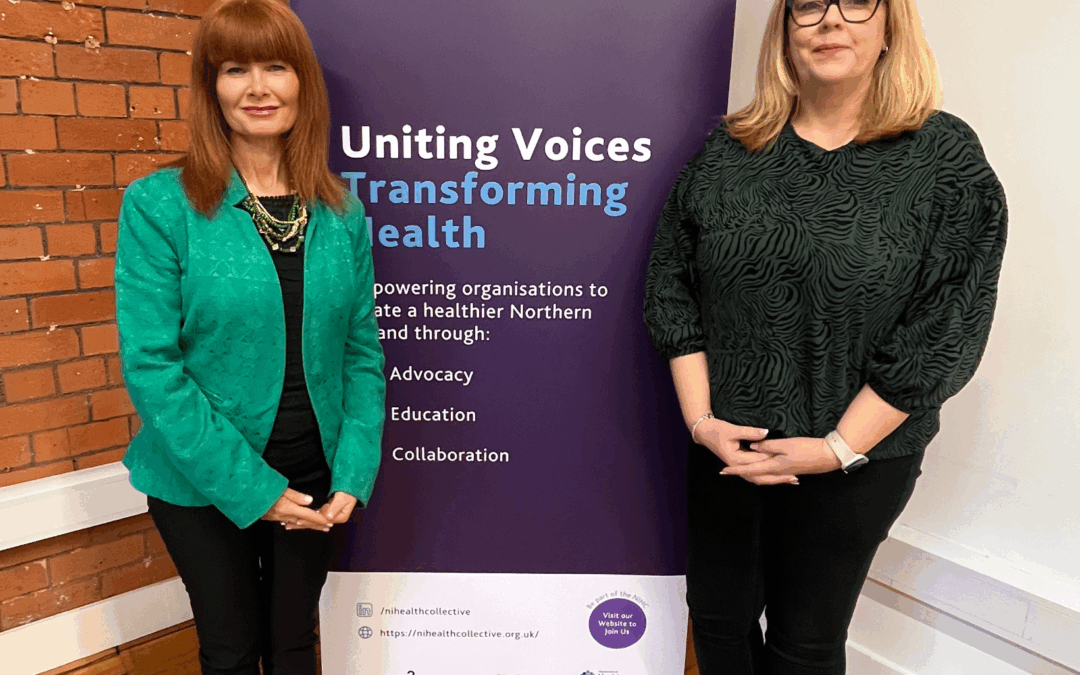The Northern Ireland Health Collective has said that research recently published shows the value of bringing together voluntary, community, and social enterprise (VCSE) health networks, creating a collective voice for organisations delivering Health & Social Care in Northern Ireland.
Health focused research carried out by MW Advocate, an independent communications and research specialist agency, looked at the impact devolution is having on third sector health based organisations across Northern Ireland.
The study involved a survey of 50 third-sector organisations across a broad range of size and functions, and includes in-depth interviews with three regional charities and service providers.
The key outcomes were:
- Engagement without Outcomes: While health-focused community organisations report a high level of engagement with the Health Minister, MLAs, and senior civil servants, too many organisations felt the tangible outcomes of this interaction are lacking.
- Funding and Workforce Pressures: The primary concern of organisations is funding, closely followed by increased demand for services and staffing shortages.
- Limited Perceived Impact: 60% of organisations stated that devolution has made no difference to their impact, while 32% felt it had a positive effect.
- Effective Engagement: Despite challenges, 80% of respondents reported direct engagement with MLAs, with 89% rating this engagement as effective or extremely effective.
- Support for Devolution: A striking 95% of organisations continue to view devolution as the preferred model of governance over direct rule or no Assembly at all.
Speaking at the launch of the research findings MW Advocate Managing Partner Brendan Mulgrew said,
“These findings pose a significant challenge to both the Executive and the wider devolved institutions. While the high level of engagement between departments and health-focused organisations is encouraging, and the accessibility of MLAs to the third sector is highly valued, the limited impact of the restored Executive on service delivery remains a pressing concern.
“There are clear challenges—and opportunities—around managing expectations and fostering more effective partnerships between political institutions and health-based organisations. Funding constraints are a major issue, but equally troubling is the ongoing lack of strategic planning from Stormont and the absence of a legislative programme to drive meaningful change.
“Despite these challenges, there remains considerable goodwill toward devolution. The Executive has both the mandate and the momentum; now it must rise to the occasion and deliver tangible outcomes for the health sector and the communities it serves.”
Addressing the research findings on behalf of the NI Health Collective, Chair of the CO3 Health Special Interest Group (SIG) Bernie Kelly said,
“This research underlines the need for and the value of a network of third sector based health organisations coming together to strengthen collaboration among the sector and to elevate the engagement we have with the Department of Health. As a sector, health organisations welcomed the return of devolution and we will always prefer to have a local Minister to work with and to hold to account. However devolution must have an impact both in policy terms and on direct outcomes for people who live here. We recognise the challenge which is tied up with this ambition, especially when financial constraints are having a real impact and seem set to continue.
“The role of the NI Health Collective will be to advocate for, to inform and to influence all with the aim of providing better health outcomes across Northern Ireland.
“We are at the early stage of this partnership and this journey but we all share the same desired outcome.”
LINK to survey findings.




